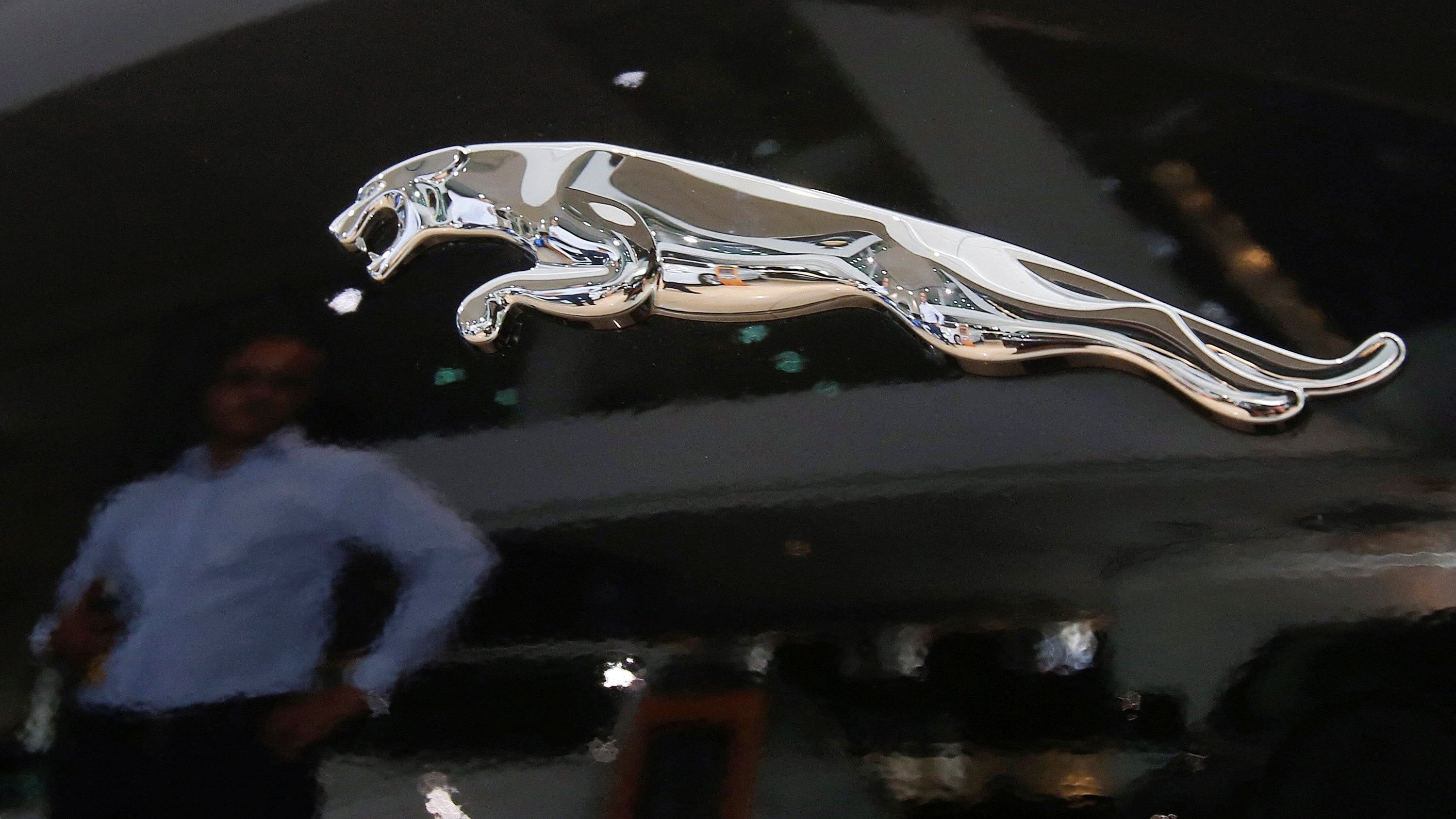
A man is reflected in the logo of a Jaguar vehicle at a Jaguar Land Rover showroom in Mumbai
Reuters File Photo
Bengaluru: Late industry titan Ratan Tata, former Chairman of India’s largest conglomerate Tata Sons, transformed the company into a global behemoth during his 20 plus year reign.
One strategy of Tata Sons under Ratan Tata was big acquisitions. Tata’s first big leap into the global arena was Tata Tea’s acquisition of the British tea company Tetley in 2000 for £271 million. Another huge buy was when Tata Motors acquired South Korea’s Daewoo Commercial Vehicle Company for $102 million in 2004. Tata Motors also bought Jaguar Land Rover from Ford Motor Company in 2008 for $2.3 billion.
“At a point of time when Tata had strong CEOs running its groups and each of them behaved in their own manner, Ratan Tata brought in a unitary feel to the entire thing. This was represented through the Tata brand equity fund wherein the structure of creating a common brand equity for the group was brought in,” Harish Bijoor, business and brand-strategy expert, told DH.
Households across India use Tata products. Vineet Recriwal, COO, Jajabor Brand Consultancy said, “The company initially focused only on B2B, but under Ratan Tata’s vision, the group expanded significantly into the consumer goods space, in a manner that allowed them to directly connect with customers. This made the brand human and closer to everyday lives.”
At times, these acquisitions did not work out well. Tata Steel’s biggest acquisition was Anglo-Dutch giant Corus Group in 2007 for $11.3 billion. For reasons such as the steel market deteriorating in 2008-09, the many CEOs post-acquisition, job cuts and protests, the expensive acquisition of now-Tata Steel UK is still a financial burden for the company. Tata Steel had also acquired Singapore’s NatSteel in 2004 but sold its entire stake at a loss in 2021 for $172 million.
However, it is impossible to speak of Ratan Tata’s business impact without also documenting some of the controversies.
In 2014, World Bank authorised an enquiry into Tata Tea for labour and human rights violations over years in Assam. And in 2006, at least 13 tribals were killed in a police clampdown at Kalinganagar steel complex in Odisha when they were protesting displacement due to Tata Steel’s proposed mega plant.
Tata Motors’ proposed Tata-Nano project in Singur, West Bengal was opposed by activists and politicians including Mamata Banerjee who said that the project would widely displace farmers and not provide adequate compensation or jobs. When the project shifted to Gujarat in 2008, it employed about 6,000 people in its first plant.
Recently in 2024, at least 22 US workers at Tata Consultancy Services complained against the company for discrimination and firing them.